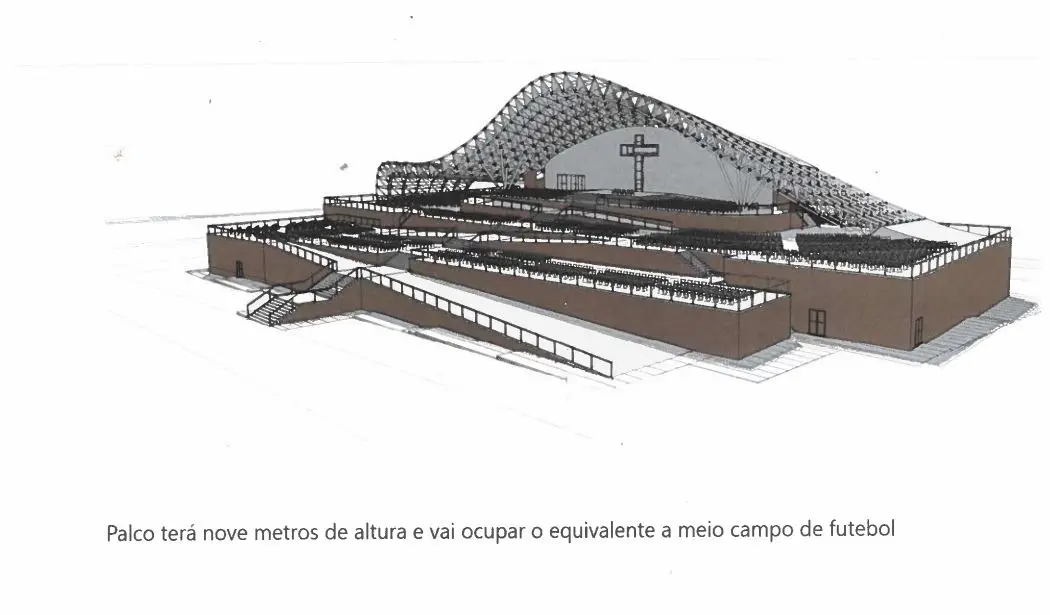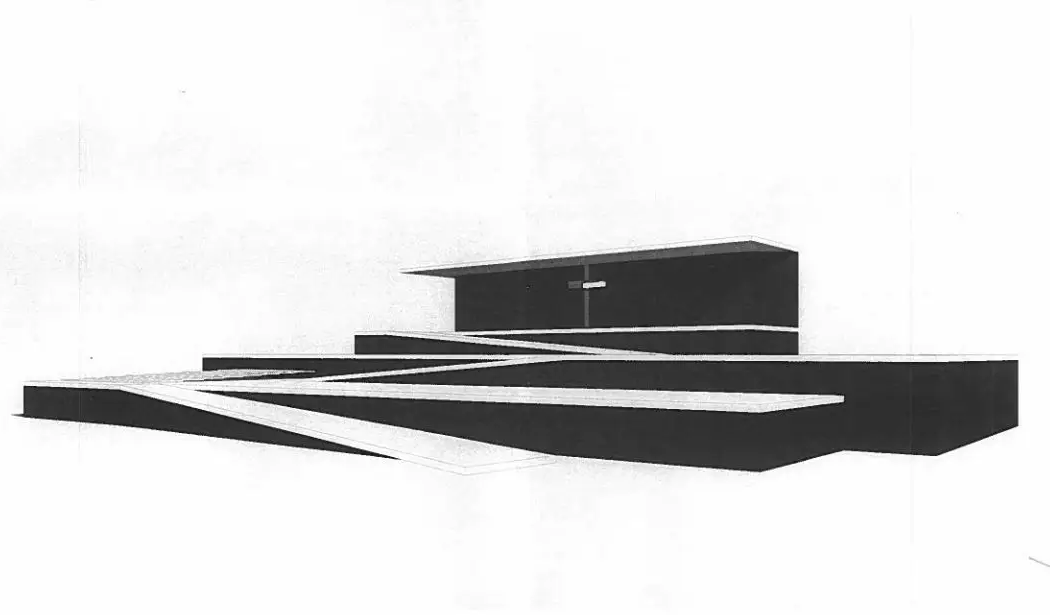The strange case of a stage for Pope Francis
Over the last few days, Portuguese media have been enthralled about a procurement case involving a stage for Pope Francis upcoming visit in August 2023. The country is hosting the World Youth Day with the main event being held at a space between the municipality of Lisbon and Loures.
The crux of procurement matter is the *temporary* main stage which will be costing a cool €5.4M to build and be used for a couple of days. The cost is defrayed in three contracts: a services contract to design the stage itself and two separate public works contracts for the actual construction (main stage + foundations). All contracts were awarded by a single public body.
Under the Portuguese Public Contracts Code (art 19(b)), the public works contracts should have been preceded of either an open or restricted procedure, but the contracts were awarded directly without competition to different economic operators and this is where it gets interesting. Why was this possible?
Turns out the Portuguese government included in the 2022 and 2023 Budget laws a provision authorising *all* contracts connected with the World Youth Day to be awarded directly and without competition up until the value of the EU procurement thresholds. Why this was decided is a question only the Government and its parliamentary majority can answer, although it raises issues of compliance with EU law.
When I first got wind of the case, my initial impression was of a textbook example of contract fragmentation to avoid going over the EU thresholds, but I no longer think that is the case and instead am inclined to consider this as just another example of terrible procurement enabled by direct awards.
According to the event commissioner, there were 3 (!) projects for the stage. The initial one was more modest (and €2M cheaper) whereas the final one included a massive cover for the stage and one which required foundations, hence the need for a second public works contract. Here are the designs:


(Source)
The Patriarch claims the Church made no specific requests and that the Portuguese President had been formally informed of the cost, something he denies.
Circling back to the procurement angle, even though we can set aside the issue of contract fragmentation, the blanket rule allowing for direct awards up to the value of the EU financial thresholds cannot be ignored. In my view, this blanket authorisation breaches EU treaty principles even though the state of EU law for below-threshold contracts is notoriously messy. It is hard to claim no contract for the World Youth Days would have cross-border interest when their value could be close to financial thresholds as it was the case with the main works contract for the stage (over €4M).
There are now calls for the current stage project to be scrapped, despite the contracts having been awarded and entered into. If that were to be the case, it is easy to see how things would pan out: compensation for the firms and contract(s) awarded directly once more. A veritable stagegate.
*I'm keeping out of the discussion of why Portuguese tax payers are footing a total of €80M for an event run by the Catholic Church as that's a discussion for another day and lies beyond the scope of public procurement.